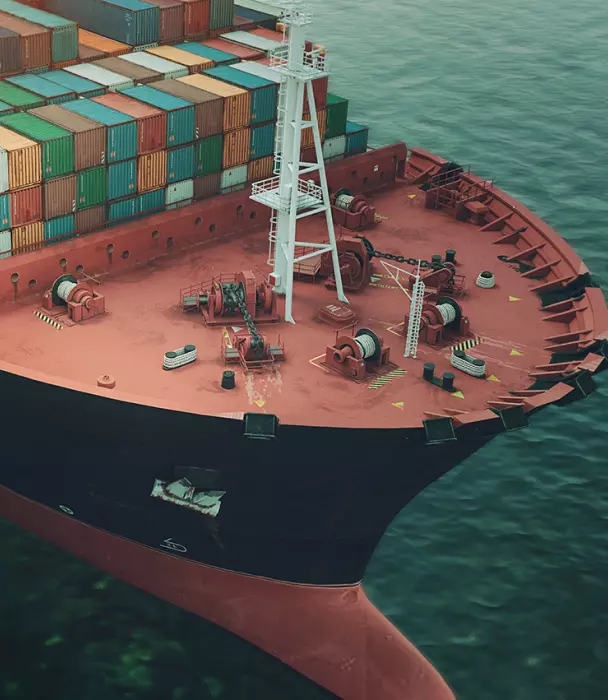In today's interconnected global economy, navigating international trade regulations has become increasingly complex. The constantly evolving landscape of customs procedures, tariffs, and compliance requirements poses significant challenges for businesses engaged in cross-border trade. In this blog post, we will explore the key challenges faced by companies and provide valuable insights and strategies to help them navigate the intricate world of global trade regulations.
Understanding the Complexity of Global Trade Regulations:
Global trade regulations encompass a wide range of legal frameworks, including customs regulations, import and export controls, trade agreements, and compliance standards. To effectively navigate this complex landscape, businesses need a comprehensive understanding of the following aspects:
> Customs Procedures: Customs procedures vary from country to
country, and each has its own set of rules and documentation requirements. Familiarize yourself with customs procedures, such as import and export declarations, valuation methods, classification systems (e.g., Harmonized System), and rules of origin.
> Tariffs and Trade Barriers: Tariffs can significantly impact the cost of importing or exporting goods. Stay updated on tariff rates, preferential trade agreements, and trade barriers, such as quotas or embargoes, which may restrict or impose additional costs on certain goods.
> Compliance and Regulatory Standards: Compliance with international regulations, such as product safety standards, intellectual property rights, and trade sanctions, is essential. Establish robust compliance procedures to ensure adherence to these standards.
Strategies to Navigate Global Trade Regulations:
> Research and Stay Updated: Regularly monitor global trade regulations, including changes in customs procedures, tariffs, and compliance requirements. Stay informed through reliable sources such as government websites, trade publications, and industry associations. Some reputable sources include the World Trade Organization (WTO), International Chamber of Commerce (ICC), and customs agencies of respective countries.
> Partner with Experienced Freight Forwarders: Freight forwarders are experts in navigating global trade regulations. Collaborating with an experienced and reputable freight forwarder can help streamline your shipping processes, ensure compliance, and provide guidance on specific requirements in different markets. You can search our Members directory (https://all-forward.com/MembersDirectory) to find the perfect fit for your needs, based on different filters such as country, service, A-Z.
> Conduct Risk Assessments: Perform thorough risk assessments to identify potential compliance risks and challenges. Evaluate factors such as trade restrictions, sanctions, and embargoes imposed by specific countries or regions. Develop contingency plans to mitigate risks and ensure smooth operations.
> Invest in Automation and Technology: Utilize automation tools and technology solutions that can streamline customs documentation, track compliance requirements, and provide real-time visibility into your supply chain. Examples include customs management software, electronic data interchange (EDI), and cloud-based logistics platforms.
> Collaborate with Customs Brokers and Legal Experts: Engage the services of customs brokers and legal experts who possess in-depth knowledge of local regulations and can provide valuable advice on customs compliance, documentation, and resolving disputes.
Conclusion:
Navigating global trade regulations is a complex undertaking for businesses engaged in cross-border trade. By understanding the intricacies of customs procedures, tariffs, and compliance requirements, and implementing the strategies outlined above, companies can effectively overcome these challenges. Remember to stay informed, partner with experienced professionals, and leverage technology to ensure compliance and maintain a competitive edge in the global marketplace.


